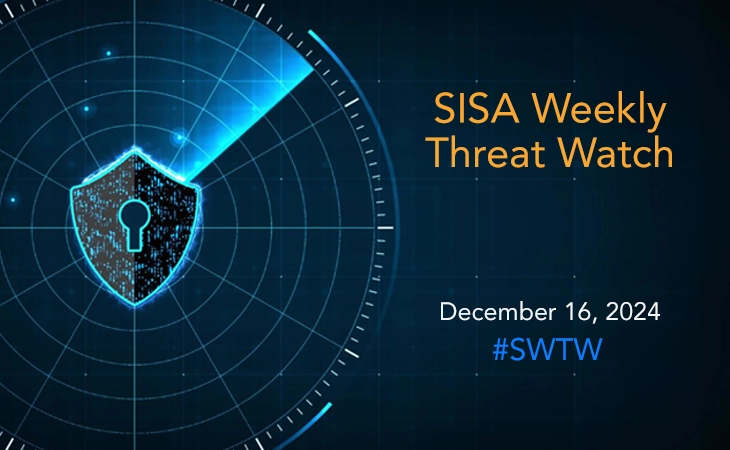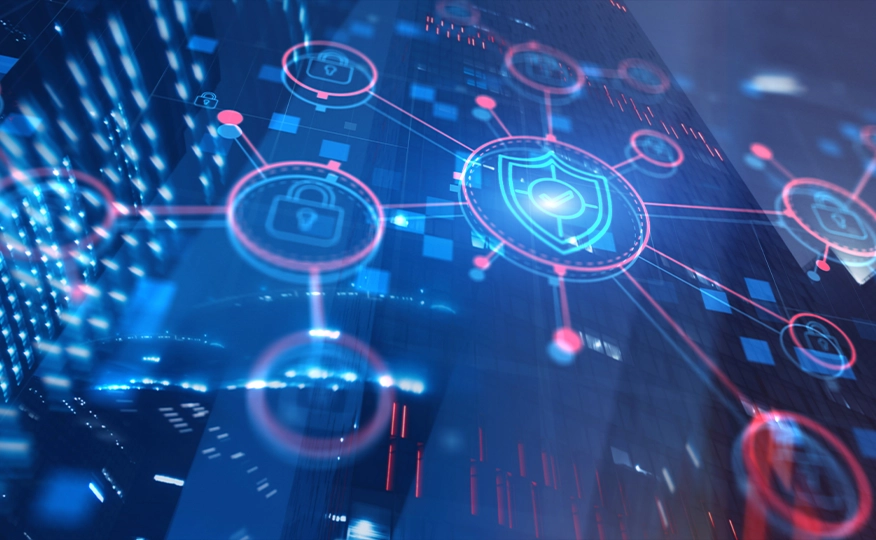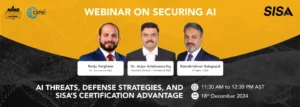Home » The Art of Cyber Warfare in the Era of Rising Geopolitical Unrest
The Art of Cyber Warfare in the Era of Rising Geopolitical Unrest
Share on

The recent escalation in the Israel-Hamas conflict serves as a stark reminder of the tragic and devastating consequences of war. Lives are upturned, communities shattered, and peace seems elusive. But in this modern era, the theater of conflict has transcended traditional warfare, entering the digital domain where not just state-sponsored actors, but hacktivist groups partake in the hostilities. The involvement of numerous hacker groups, aligning with either side, exemplifies the expanding battlefield in today’s geopolitical unrest.
Amidst the backdrop of the Israel-Hamas conflict, the cyber warfare paradigm has illustrated that businesses are not mere bystanders in this digital battlefield, but potential targets in a wider strategy to exert influence and cause disruption.
Game Play of Nation-state Sponsored Actors and Hacktivist Groups
One of the most intriguing aspects of this digital battlefield is the interplay between nation-state sponsored actors and hacktivist groups. Unlike hacktivist groups, state-sponsored actors usually have a robust backing, access to sophisticated tools, and a well-defined geopolitical agenda, making them formidable players in the digital warfare arena. Their motivations are closely tied to national interests, and their actions can have far-reaching consequences.
The actions of hacktivist groups, on the other hand, reflect a larger trend where digital platforms become arenas for geopolitical expression, enabling a wider range of actors to participate in conflict dynamics. With the uptick in hostilities in Israel-Hamas conflict, hacktivist groups like Anonymous Sudan and Cyber Av3ngers swiftly mobilized their digital resources. Their actions, aimed at disrupting emergency warning systems in Israel, underscored the rapidity with which political events can trigger online activism and cyber warfare.
Private and Public Infrastructure in the Crosshairs
The digital front of most geopolitical conflicts has a clear focus on targeting both private and public infrastructure. This deliberate choice of targets serves a dual purpose. Firstly, it aims to disrupt essential services, causing chaos and inconvenience to the adversary. Secondly, these attacks seek to gather intelligence, which can be a valuable strategic asset. Critical infrastructure becomes a prime territory for both hacktivist and state-sponsored actors.
In the recent conflict, the Cyber Av3ngers, a pro-Hamas group, targeted key entities within Israel’s power grid system, reflecting an attempt to undermine essential services amidst heightened tensions. Several other hacker groups claimed to have compromised various websites, a popular newspaper site, a rocket alert app, and the Iron Dome missile defense system. The targeting of critical infrastructure poses severe risks, as it can significantly impact public safety, economic stability, and national security.
The Pervasive Threat of DDoS Attacks
Distributed Denial-of-Service (DDoS) attacks have become the weapon of choice for most hacktivist groups in these conflicts. These attacks, characterized by an overwhelming flood of traffic directed at targeted servers, networks, or services, aim to render them unavailable to users. The simplicity and efficacy of DDoS attacks have made them a favored choice among various hacker groups involved in the conflict. Notably, groups like Anonymous Sudan and AnonGhost have targeted Israeli digital assets, while pro-Israel groups have focused their efforts on Palestinian digital infrastructure.
According to some reports, separate DDoS attacks have also impacted humanitarian nonprofit organizations, emergency medical services, rescue services as well as the media. The prevalence of DDoS attacks in this digital conflict is indicative of a broader trend in contemporary cyber warfare. It emphasizes that even relatively unsophisticated tactics can yield significant results. DDoS attacks are a low-cost, high-impact way for hacktivist groups to make a strong political statement and exert influence on the conflict.
The Global Implications of Digital Conflict
The Israel-Hamas conflict has served as a catalyst for a broader cyber conflict, fostering a global community of like-minded hacktivist entities rallying around common causes. Interestingly, the cyber engagements are not solely concentrated on Israel and Hamas. Russian-aligned hacker groups, which were initially focused on allies of Ukraine, switched their attention to allies of Israel, particularly targeting entities in Australia and New Zealand with DDoS attacks. The apparent aim was to aggravate anti-Israel protests in these regions. Moreover, countries like India found themselves inadvertently entangled in this digital warfare, revealing the far-reaching implications of such cyber engagements in geopolitical conflicts.
The broader involvement of international hacker groups underlines the global resonance of the Israel-Hamas conflict, transcending geographical boundaries into the digital realm. This also highlights the far-reaching impact of digital warfare in the modern age, underlining the need for international collaboration and coordinated cybersecurity efforts to mitigate these evolving threats.
Conclusion
In a landscape where various hacking entities, whether state-backed or self-driven, swear allegiance to distinct affiliations, the online domain transforms into a platform for disseminating propaganda, sowing distrust, and engaging in psychological warfare. As nations confront these cyber perils, it underscores the persistent necessity for strengthening their cyber defense measures.
At the core should be the implementation of robust cybersecurity measures that encompass real-time monitoring, intrusion detection systems, and regular forensic readiness audits to identify and rectify potential vulnerabilities before they can be exploited. Furthermore, fostering a culture of cybersecurity awareness among personnel and stakeholders is crucial to counteract social engineering attempts and ensure adherence to best practices. On a broader spectrum, the establishment of international cybersecurity norms and collaborative frameworks is vital to promote a collective cyber defense posture. Lastly, investing in the development and deployment of advanced cybersecurity technologies and fostering public-private partnerships can provide the necessary resources and expertise to stay ahead of adversarial entities.
 USA
USA India
India APAC
APAC Middle East
Middle East Global
Global

 Facebook
Facebook Linkedin
Linkedin  X
X Youtube
Youtube








